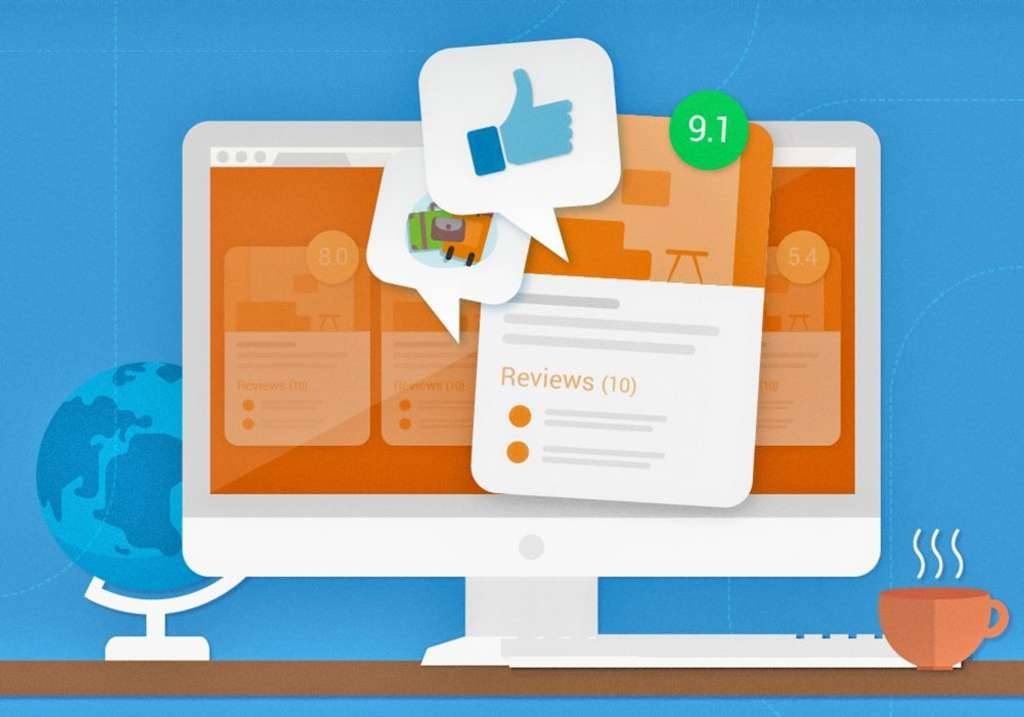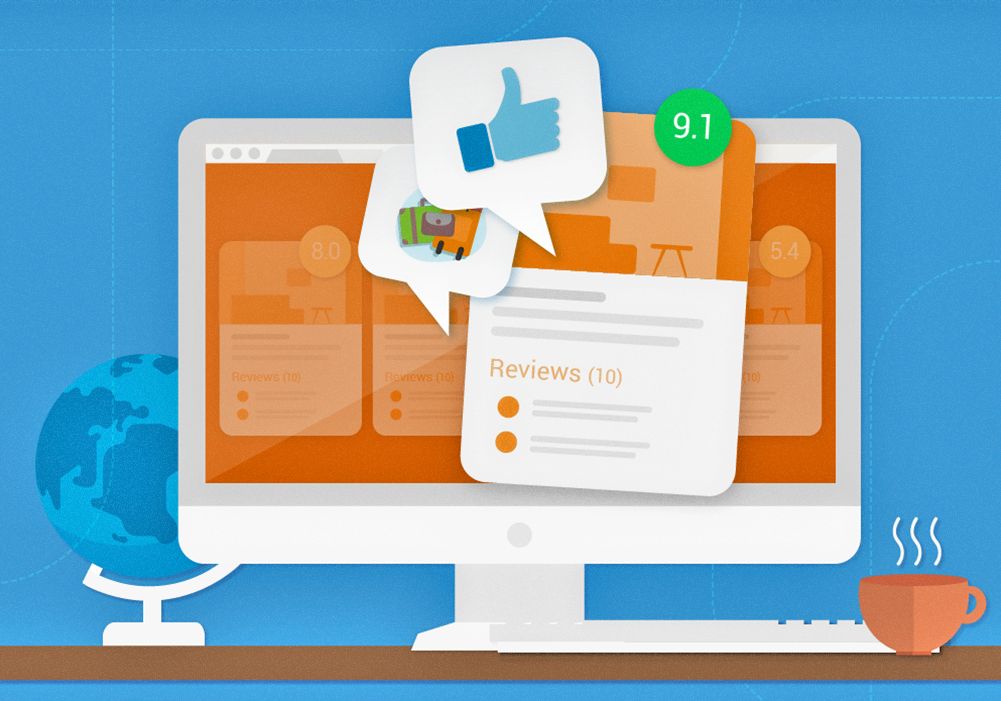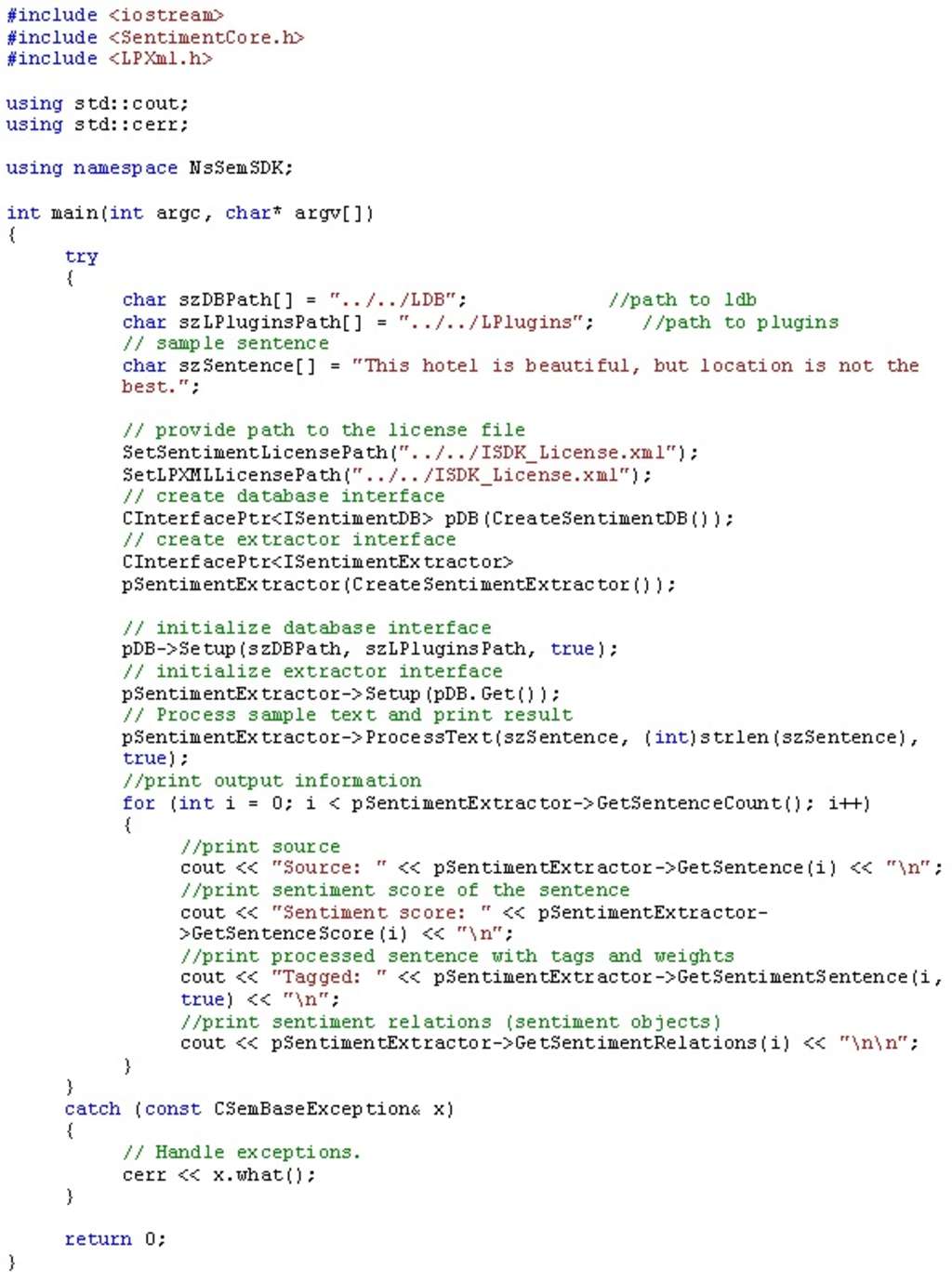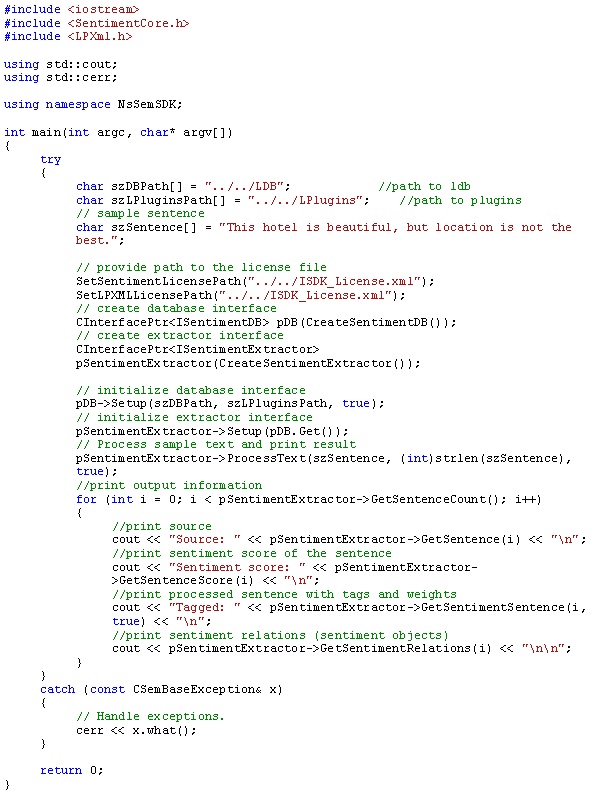Linguistic Tools as Competitive Advantage for Accommodation Booking and Travel Websites

Hotels used to be a beloved form of accommodation for travelers. A new turn was taken in the 1910s when the first youth hostel was established. This form of accommodation has been preferred mainly by students for many decades as a cheaper alternative to hotels. Nowadays they are chosen by people of different ages and routes of life. Some travelers also rent apartments or use free hospitality services like CouchSurfing during their vacation when they visit another city or country.
Taking into account the facts mentioned above it is easy to understand that the competition among such businesses is extremely tough. The businesses do their best not to lag behind other players and to retain existing customers and attract new ones. They introduce new types of services, constantly improve a service quality, offer discounts and build their online presence by launching their own websites. Websites like TripAdvisor, Booking.com, OneFineStay and Airbnb where travelers can book an accommodation or access travel-related content are extremely popular today.
One of major reasons why travelers like these websites is that they permit users to find the best accommodation because they offer information on a large number of accommodations, be they hotels, hostels, flats, etc. Reviews of accommodations and scores left by other visitors is one more important reason: reading these reviews and seeing the scores they can make a decision whether to book an accommodation in a hotel or elsewhere.
The competition between such websites is also extremely fierce as they contain similar information (i.e. photos and reviews). So how can an owner of such a website make it different from others? Powerful linguistic tools for analyzing text in natural language can be give them a helping hand in this situation.
How can these linguistic tools be used by a traveling business?
These tools can be applied in the automatic processing of free text in order to create objective ratings and well-organized reports on hotels on the basis of reviews written by past guests. Objectivity has become a burning issue given the fact that there are a large number of preconceived and fake reviews that alter real statistics which result into wrong decisions that travelers take.- Searching and filtering fake reviews. This function can be brought to life with the help of semantic and linguistic software. It means that reviews that are preconceived, too contradictory or copied from other sources can be easily identified and removed from the database.
- Compiling positive and negative ratings. These ratings represent sources of valuable information on an accommodation enabling owners and travelers to see advantages and disadvantages of this place.
- Flexible scoring categories. The websites try to collect as many scores and ratings as possible to give their visitors a complete picture of the hotel performance. However, the ratings are limited to average scores, and some important details which tourists would like to know are not displayed. Linguistic tools make it possible to group scores by different important categories, such as hotel facilities, rooms/ a room type, a hotel/room service, staff, and more.
- A well-organized and reasoned report. Travel websites usually do not answer the question why the hotel guests scored its service as poor or excellent, while intellectual algorithms enable their users to delve deep into the reasons why reviewers react on a specific category in a definite way and what exactly the reviewers like or dislike about it.
How does it work?
The following variables are defined during the analysis:- Objects of interest. This is one of the most important parts of the analysis. Algorithms permit users of the linguistic tools to accurately define objects mentioned in reviews.
- Opinion phrase. It is a linguistic construction describing the reasons why a reviewer gives a positive or negative evaluation of the object.
- Object categories. These are categories (predefined ones or the ones defined automatically) by which objects of interest are grouped.
The sentiment analysis can help the websites to process all the unstructured reviews about the given hotel as well as their emotional tone in an accurate way and automatically extract hotel services and negative or/and positive impressions about each service from travelers' reviews.
This will enable the websites to provide their visitors with the most objective scores for an unlimited number of hotel service details along with negative and positive opinions. Besides, the information can be updated real-time, so the scores will be changed right after a new review is submitted to a website.
It means that tourists will see a single detailed, structured, and dynamically created hotel reviews summary which includes all the important facts about hotel services and its facilities. So the tourists will be able to make a decision at first glance, and their choice will be based on preferable parameters rather than on general hotel ratings.
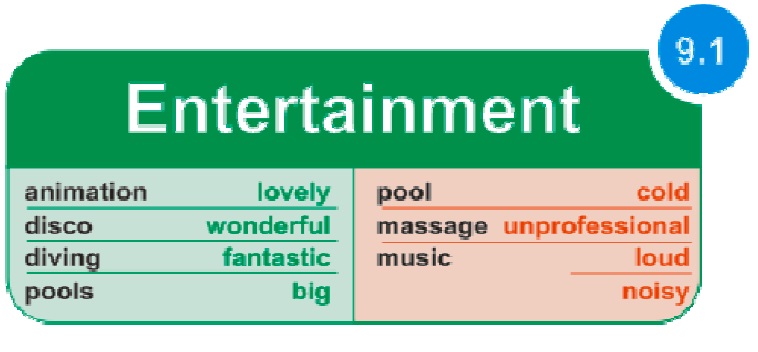
How can the sentiment analysis be integrated into custom Document/Knowledge management systems used by a website?
The integration can be implemented with the help of such programming languages as C/C++ and C#. Custom software development companies can offer SDKs that comprise files and import libraries for binding user applications with their module for the sentiment analysis.
See below a C++ example of how the Intellexer Sentiment Analyzer can be integrated into an application:
The sentiment analysis can become a powerful rating system for booking websites. Used to aggregate and analyze reviews, it can become a new direction of the travel industry. Analytical reports contain valuable information that business and hotel owners can use.
The popularity of travel platforms and travel metasearch engines is likely to continue increasing in the future. Global online travel sales are expected to reach $820bn by 2020. User-generated websites for online hotel reservations, lodging, bookings for transportation, travel experiences and reviews seek any opportunity that can give them an advantage over their rivals.
There are linguistic tools and semantic software created by US software development companies that can help provide a useful insight into the ways of developing a travel business. The latest technologies, tech stack, custom software development are the key technological advantages that any hotel booking website or large travel platform, wishing to bring their marketing revenue to a new level, must implement and improve.
Tatsiana Levdikova
Tech/IT Journalist
